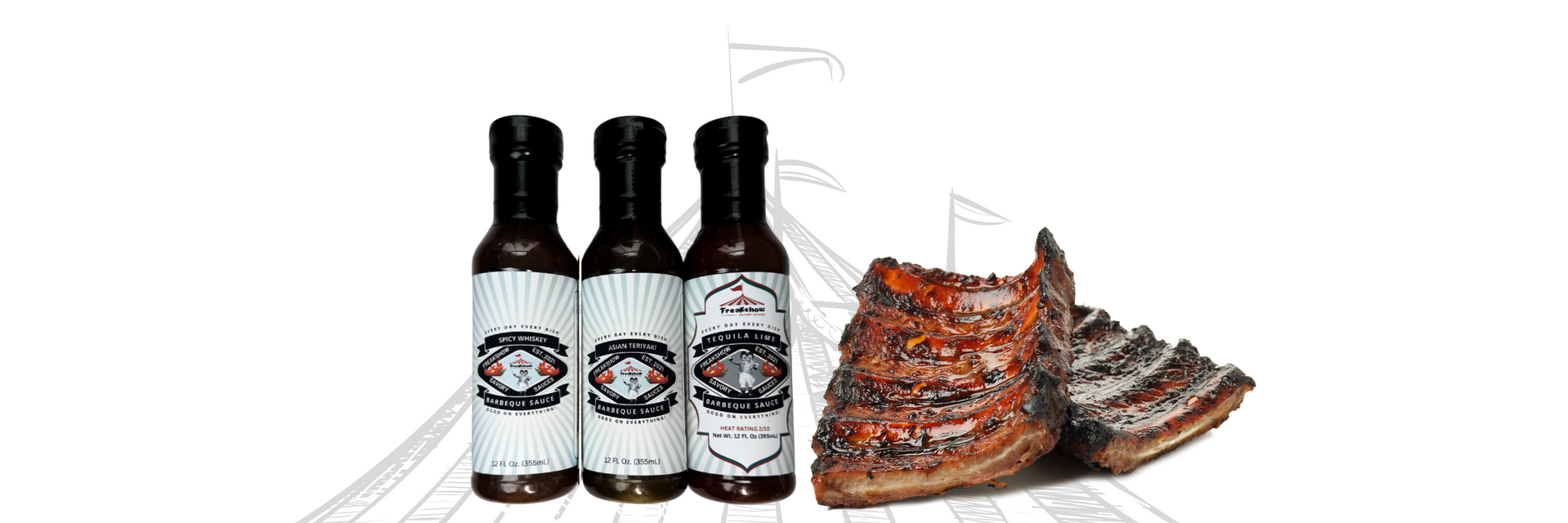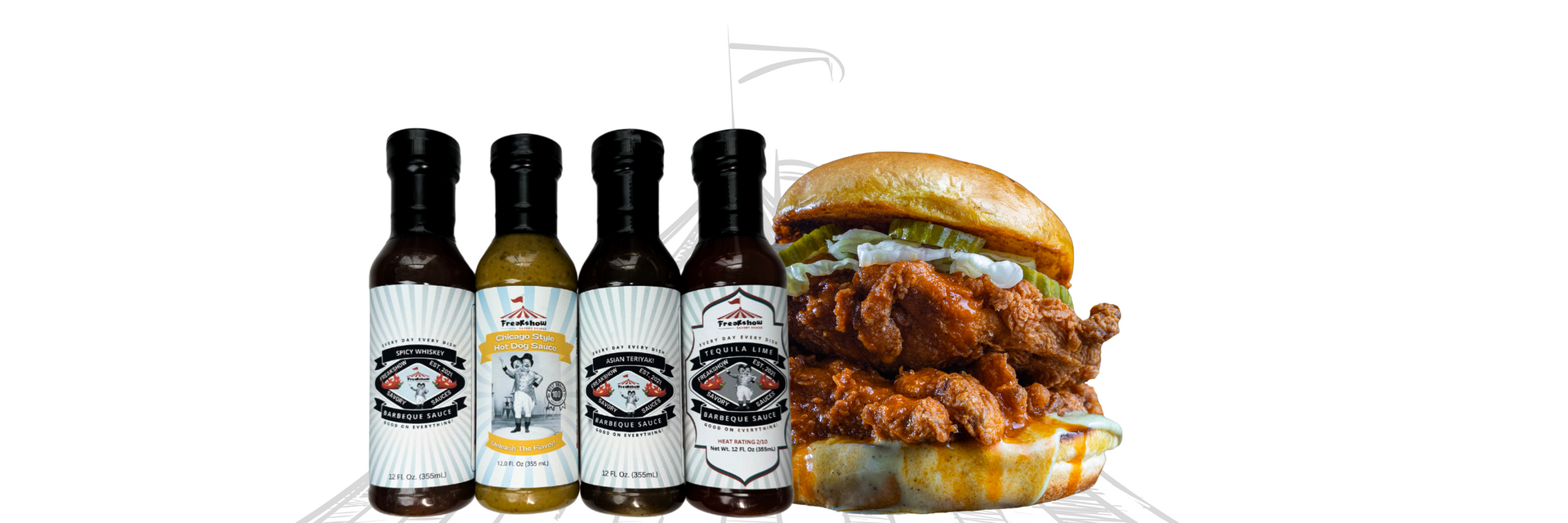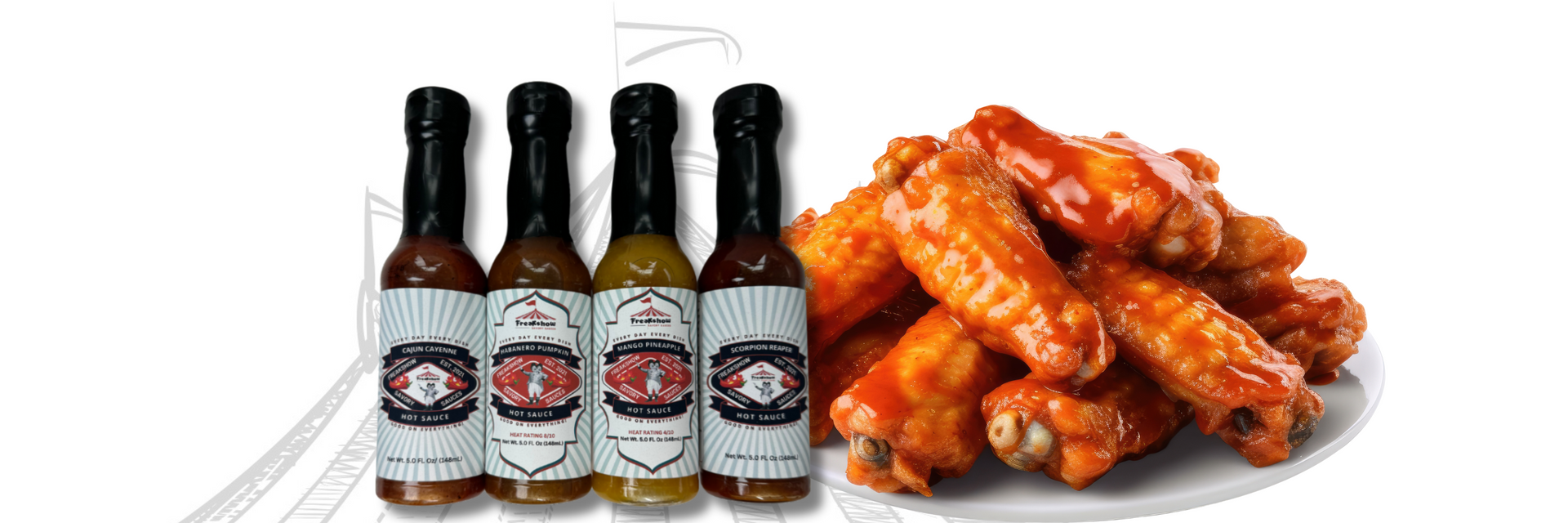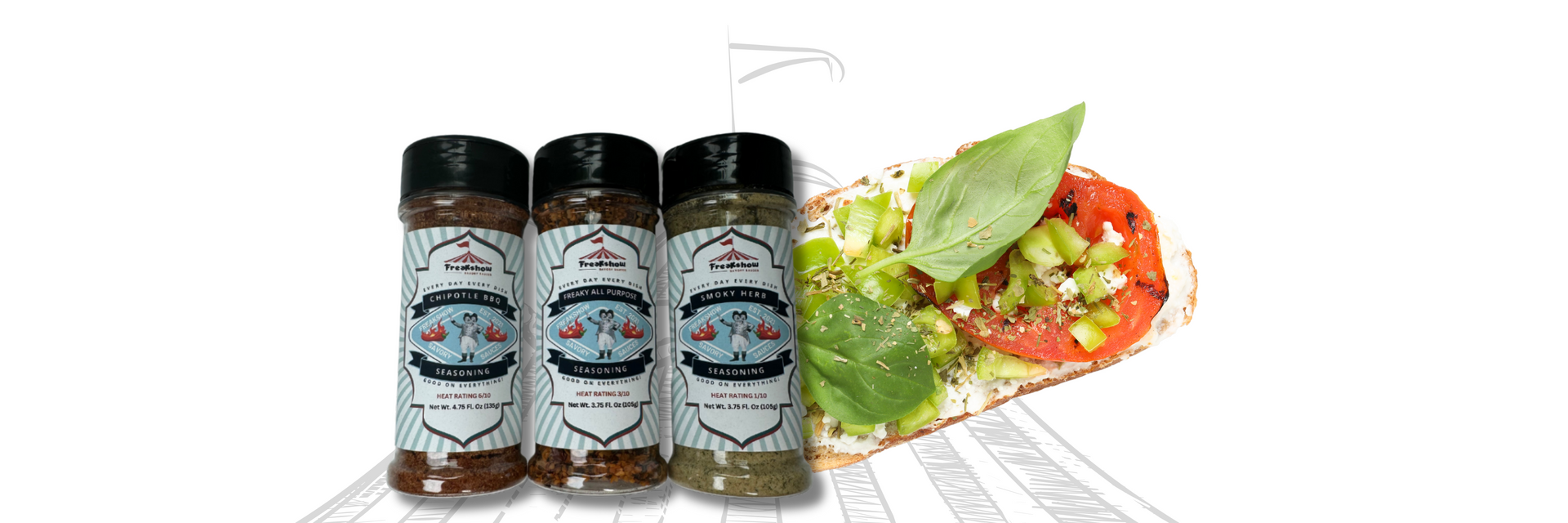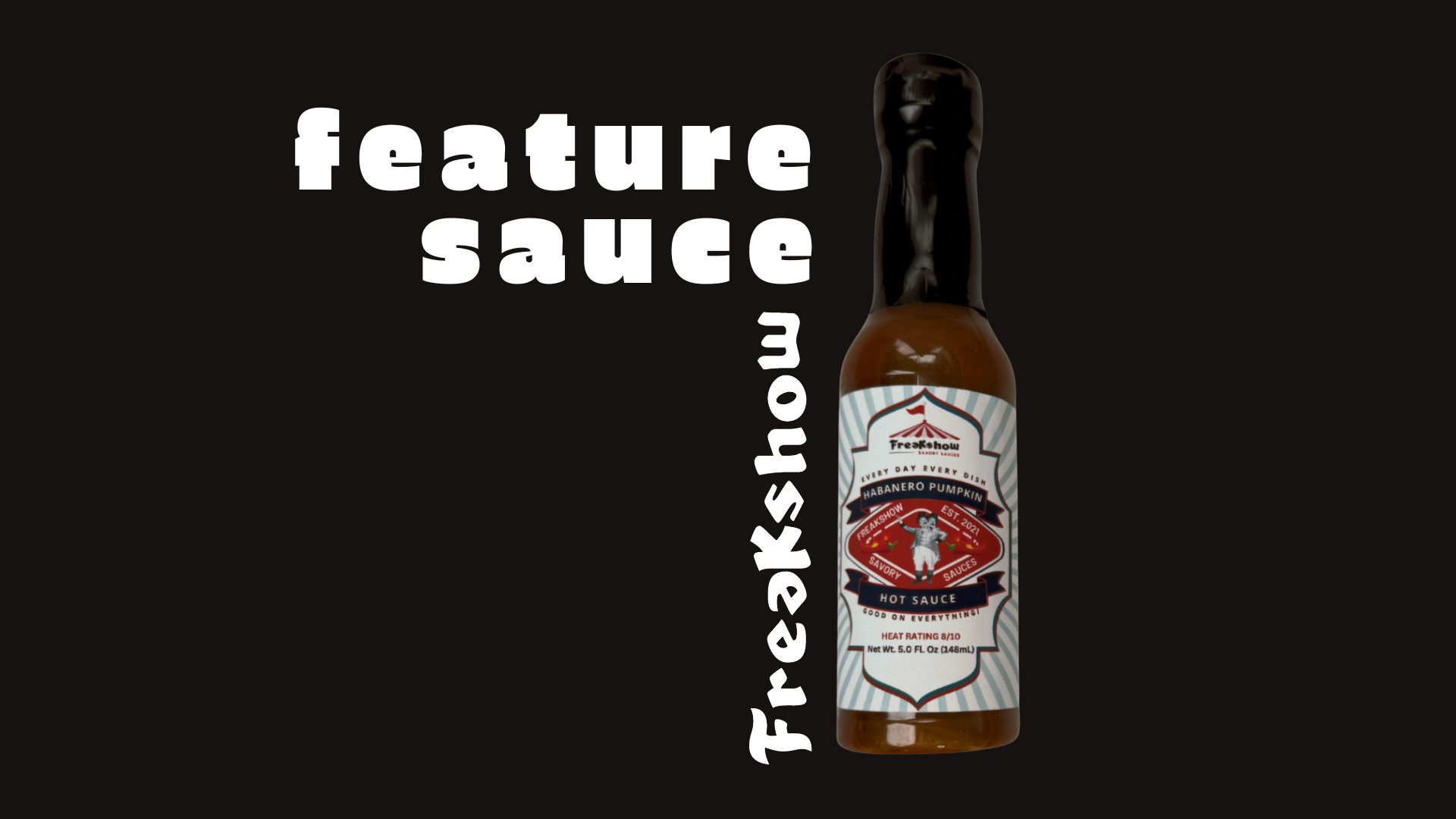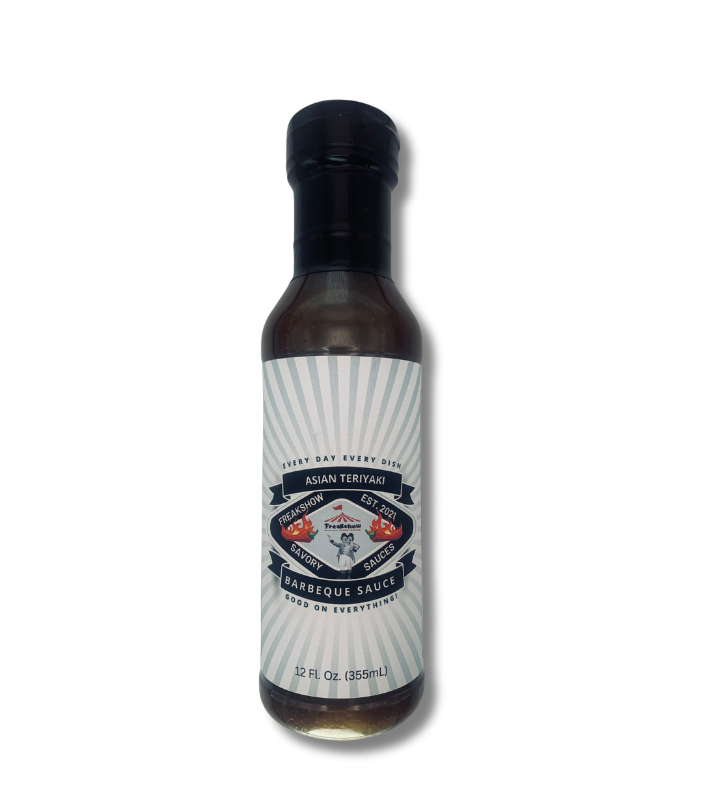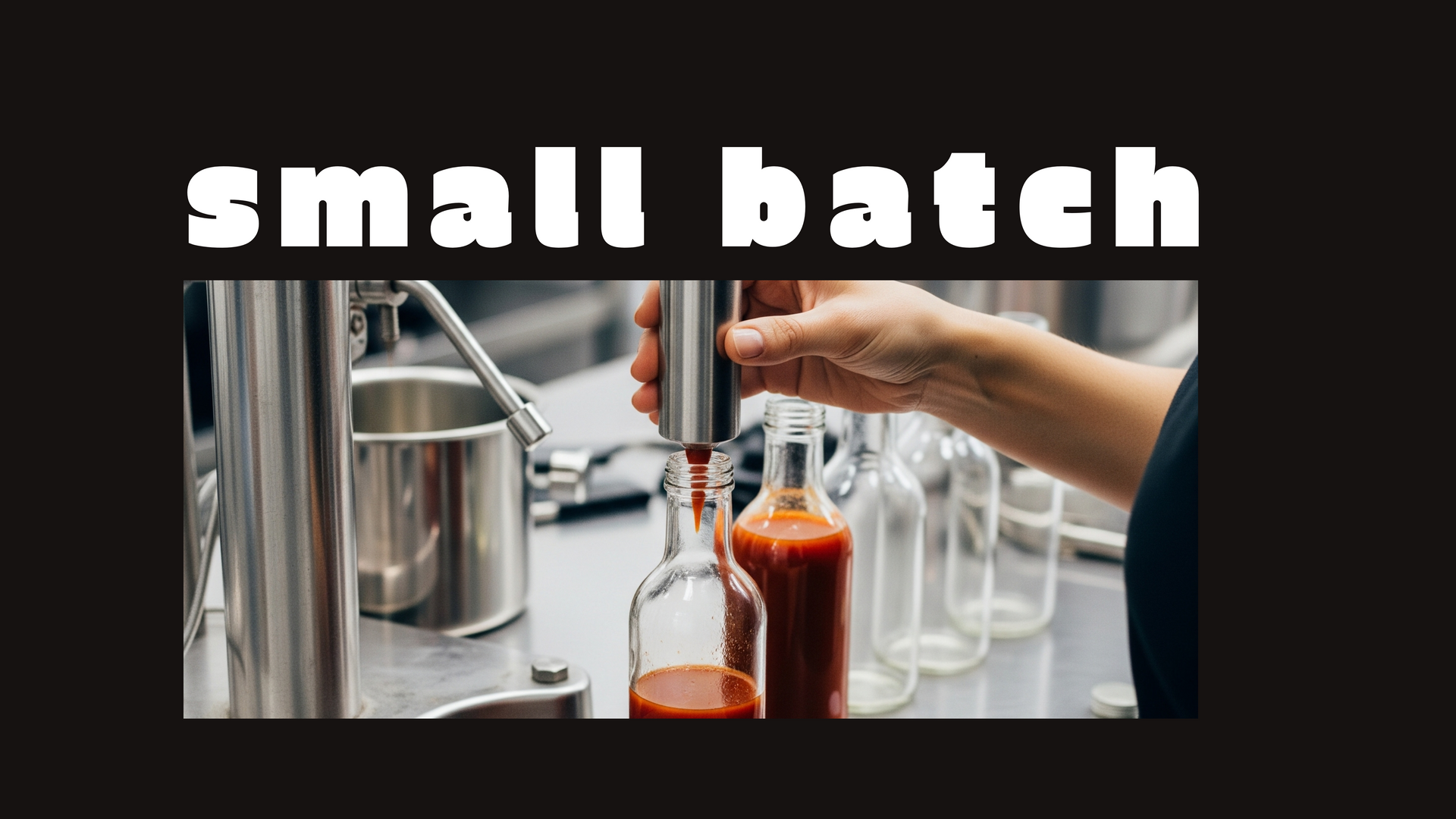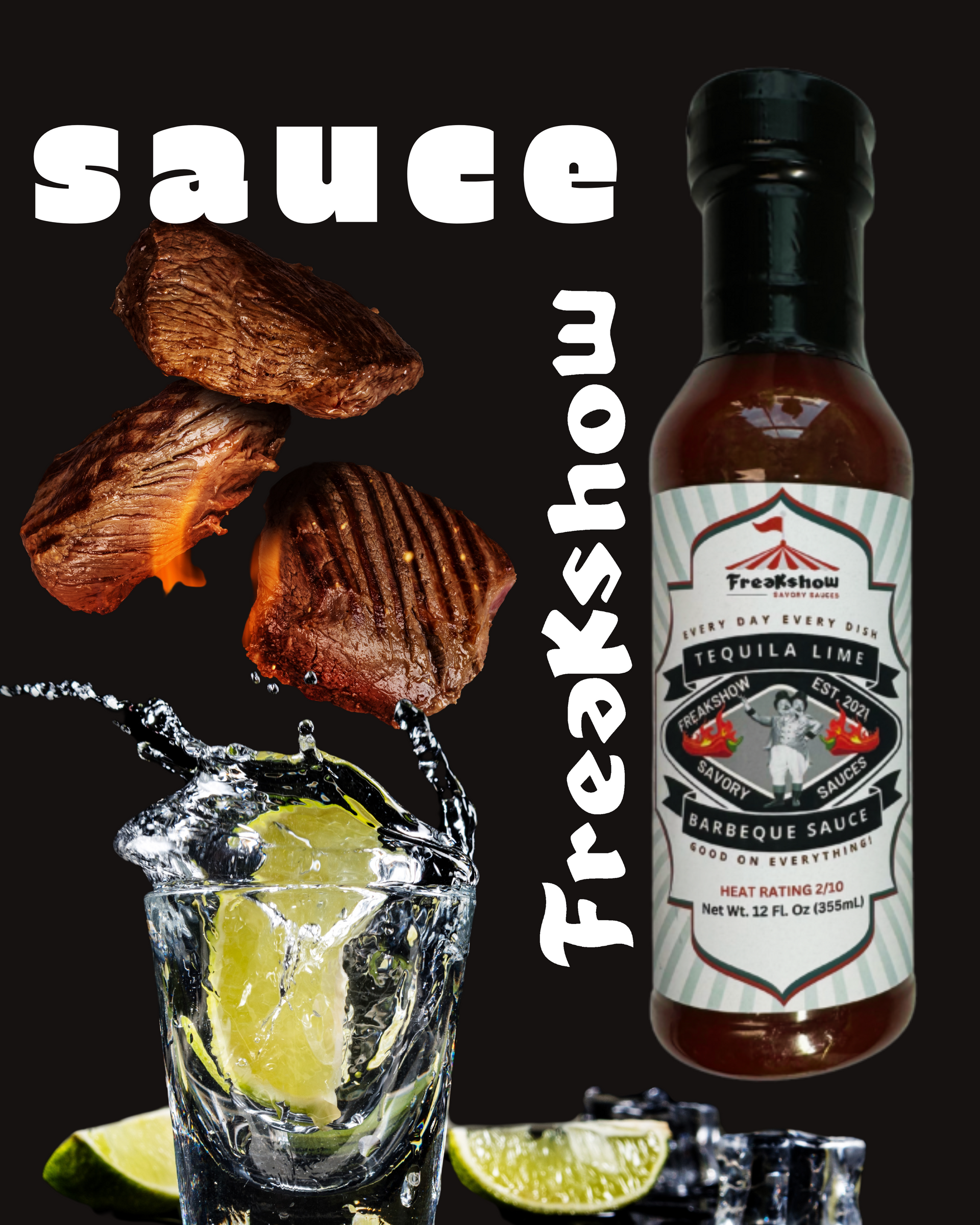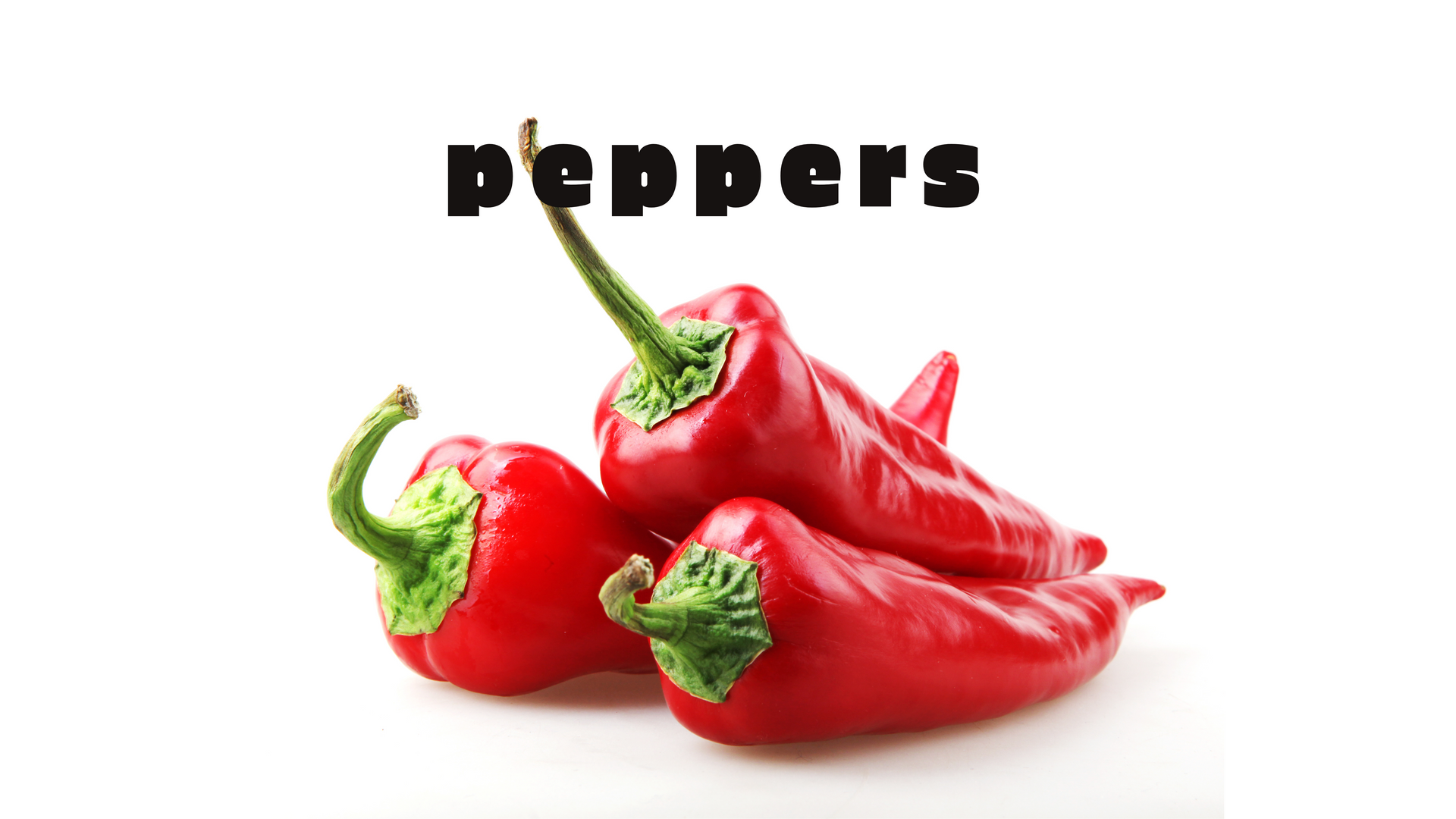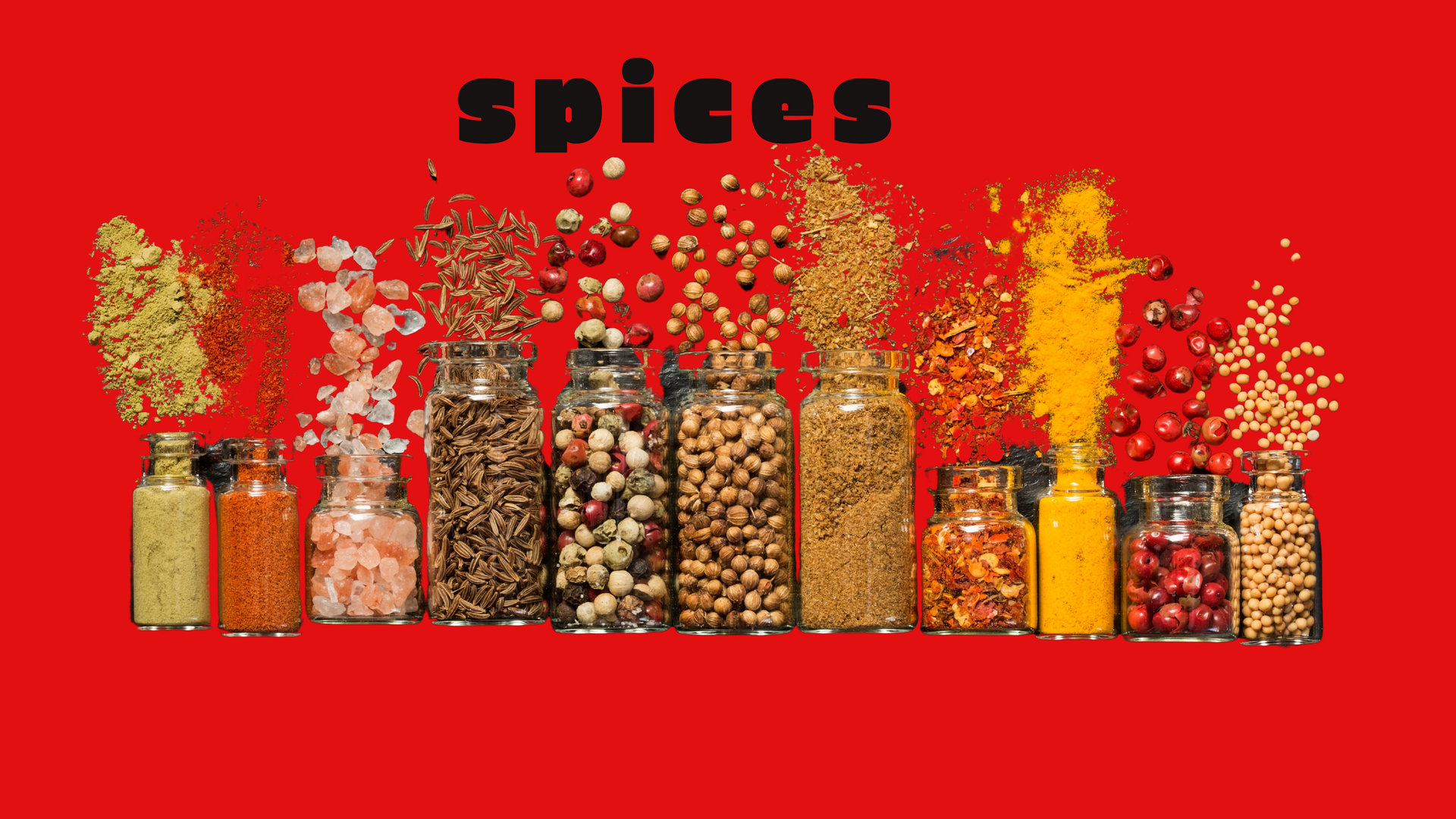Probiotic Diet Boost: Hot Sauce for Gut Health
Boost Gut Health with Hot Sauce on the Probiotic-Rich Diet
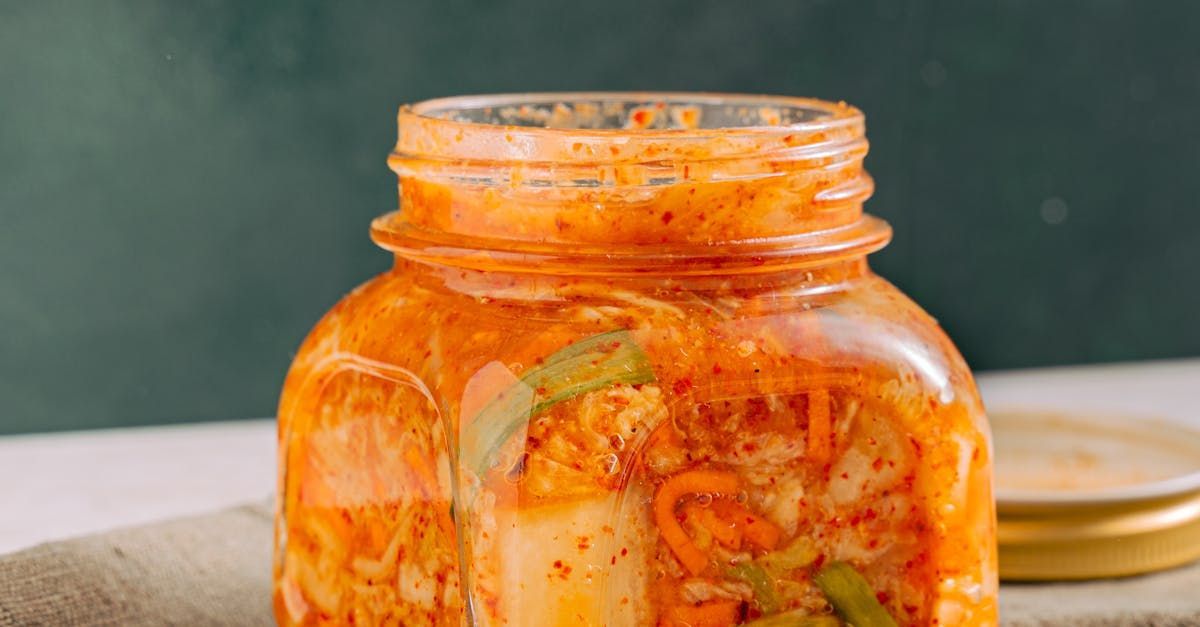
Key Highlights
Eating foods full of probiotics is key to a healthy gut and feeling good overall. By adding fermented hot sauces to what you eat, you get a spicy touch along with those helpful probiotics from salted gherkin pickles. Yogurt and drinks made from yogurt are great for getting the probiotics your gut needs to stay healthy. Kefir is another drink that's not only flexible in how you can enjoy it but also packed with beneficial bacteria, helping keep your immune system strong. For something creamy and tasty, cultured cottage cheese fits right into any meal plan as a source of good bacteria.
- With kimchi, you bring some Korean spice into the mix while aiding your digestion thanks to its probiotic benefits. Sauerkraut does more than just top off a dish; it's filled with probiotics that help keep your digestive health on track.
- Miso brings Japanese flavors into play as well as being rich in those important microbes.
- Kombucha has become quite popular for anyone looking to boost their gut health through drinking tea infused with probiotics.
- Tempeh offers vegans an excellent protein source plus all the benefits of consuming live cultures.
- Lastly, natto stands out not just because it’s sticky but also because it’s nutritious and loaded with vitamin K2 alongside its pro-digestive properties.
Looking to make your gut health better and add some probiotics into what you eat in a cool way?
Hot sauce is the answer! Probiotics are good bacteria that are super important for our gut health and how well we feel overall. They help us digest food, take in nutrients, and even keep our immune system strong. Even though you can get probiotics from supplements, there's a bunch of tasty foods full of probiotics that you can easily add to what you eat every day.
In this blog post, we're going to talk about all sorts of foods rich in probiotics and show how hot sauce can be part of improving your gut health. We'll look at fermented hot sauces along with yogurt, kefir, kimchi, sauerkraut, miso, and more. We will discuss how these foods full of beneficial bacteria can help out your digestive system. Get ready for an exciting flavor adventure that’s not just delicious but also great for your gut.
So, pick up your favorite hot sauce as we explore the amazing world of probiotic-rich foods and how they can change your diet and your gut health. Prepare to add some extra spice to your life and your gut with hot sauce!
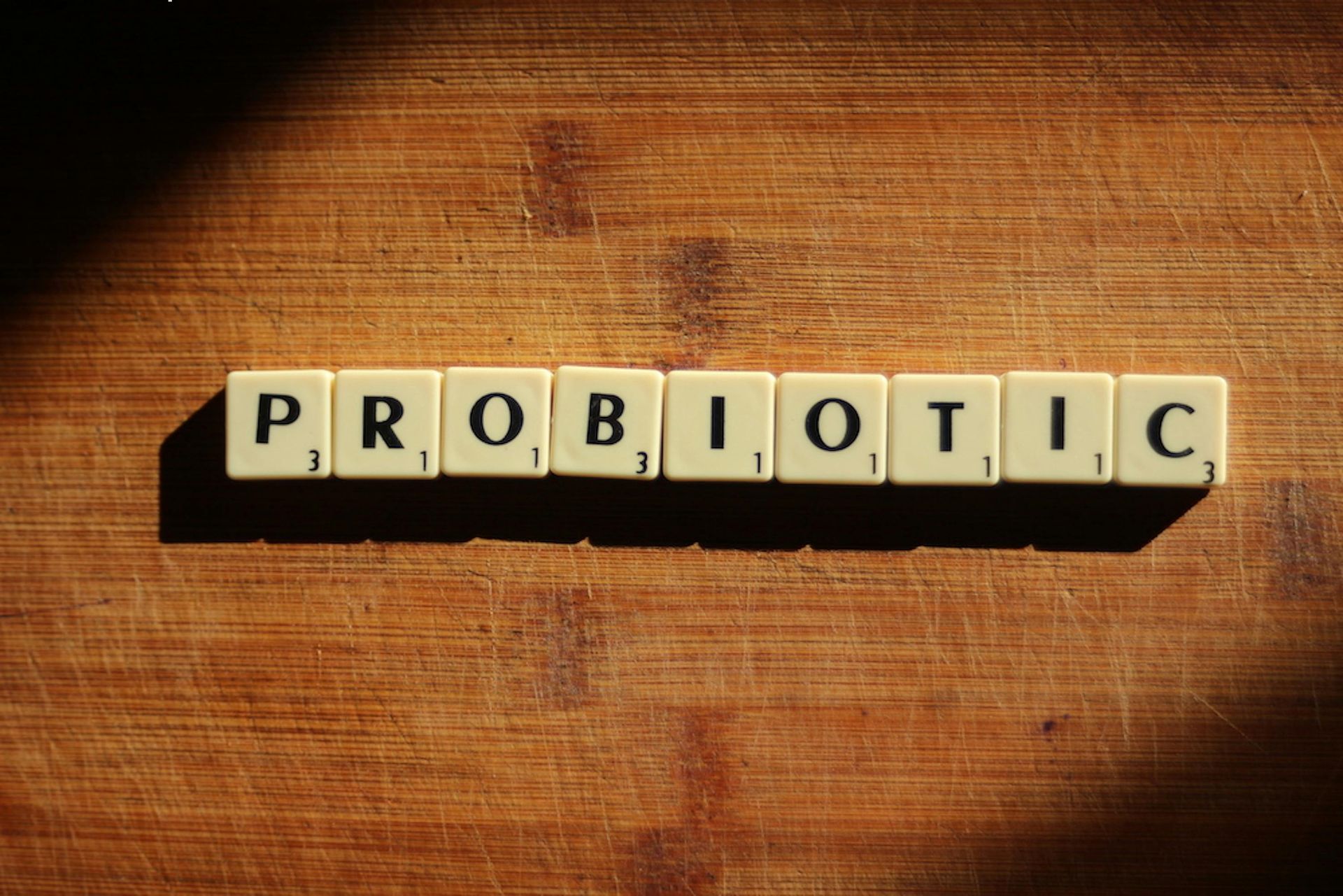
Enhancing Your Gut Health with Probiotic-Rich Foods and Hot Sauce
When you're looking to boost your gut health, foods full of probiotics are your best bet. These kinds of food have probiotic bacteria that help keep the balance in your gut flora and aid with digestion. Now, here's a fun tip: adding hot sauce to your diet rich in probiotics can actually elevate its benefits! Yes, fermented hot sauces do more than just spice up your meal; they also add an extra dose of probiotics.
By mixing these fiery condiments into what you eat, you get to enjoy not only the zesty taste but also support for both digestion and gut microbiome. So gear up for an adventure where heat meets healthy bacteria in enhancing your gut health.
1. Incorporating Fermented Hot Sauces for a Spicy Probiotic Kick
For those who love a bit of heat in their meals, here's some good news: your passion for hot sauce can actually be good for your gut health. When you choose hot sauces made through fermentation and packed with active cultures, you're not just getting that spicy taste; you're also feeding your digestive system some helpful bacteria. The way these sauces are made allows probiotic bacteria to grow, which is great for balancing the bacteria in your gut and helping everything run smoothly digestion-wise. On top of that, capsaicin—the stuff that makes peppers hot—brings its own set of perks like boosting metabolism and cutting down on inflammation. So, by adding a dash of fermented hot sauce to your food, you’re doing more than spicing it up—you’re giving yourself a probiotic treat that supports better digestion among other health benefits.
2. The Role of Yogurt and Yogurt-Based Drinks in Your Probiotic Diet
Yogurt is a go-to when you're looking for foods full of probiotics. It's not just yummy but packed with good stuff that helps your gut stay healthy. Inside yogurt, there are live cultures like Lactobacillus and Bifidobacterium which play a big part in keeping your digestive system happy by balancing the good bacteria in there. On top of helping out with gut health, yogurt comes loaded with important nutrients such as calcium, protein, and B vitamins. But did you know that buttermilk, a fermented dairy product, is also rich in probiotics and can provide similar benefits to yogurt? Whether you drink it straight or use it in cooking and baking, adding buttermilk to your diet is a tasty way to boost those beneficial live cultures and support a healthy gut microbiome. So why not enjoy some delicious dairy goodness and give your digestive system some love?
3. Kefir: A Versatile Probiotic Beverage
If you want to mix things up and get more probiotics in your diet, kefir is a great choice. This tangy drink isn't just tasty; it's made by fermenting something called kefir grains with milk. Now, these aren't your typical grains but a mix of lactic acid bacteria and yeast working together. Through the fermentation process, kefir becomes packed with good bacteria that are awesome for improving gut health. With its lactic acid bacteria, kefir works wonders in balancing out our gut microbiome which helps with digestion and boosts our immune system too. Plus, it's loaded with calcium, protein, and vitamins making it super nutritious. You can sip on keifer straight up or throw it into smoothies or even make creamy dressings and sauces out of it for an extra health kick! So here’s to enjoying some deliciously healthy drinks like milk kefir.
4. Cultured Cottage Cheese: A Creamy Probiotic Delight
Cottage cheese isn't just a common item in many people's diets; it turns out, it's also packed with probiotics that are great for your gut health. With live cultures, this type of cottage cheese brings beneficial bacteria into the mix, helping to keep your gut microbiome in check. These good bacteria aid in digestion and help your body absorb nutrients better. On top of that, cottage cheese is loaded with protein, calcium, and vitamins making it super nutritious. Whether you eat cultured cottage cheese by itself or toss some into salads, wraps or smoothies, you're adding a creamy texture along with a bunch of probiotic benefits. And for an even more probiotic-rich option, try using goat’s milk or sheep’s milk to make your own raw cheese at home. This will ensure that you are getting the most beneficial bacteria possible for your gut health. So why not enjoy the rich taste while giving your digestive system a boost?
5. Kimchi: A Spicy Addition to the Probiotic Family
For those who love their food with a bit of kick and lots of flavors, kimchi is a great choice to add some probiotic goodness to your meals. This traditional Korean dish is all about fermented veggies like cabbage, radishes, and garlic that get their zing from various spices. Thanks to the fermentation process, kimchi gets its unique tangy taste from lactic acid which also amps up its health benefits by adding probiotics. These good bacteria in kimchi do wonders for your gut health by aiding digestion and boosting your immune system. Not just for eating straight out of the jar, you can toss kimchi into stir-fries or rice bowls or even slap it on top of burgers or tacos for an extra flavor punch while soaking up all the probiotic perks this spicy treat has to offer.
6. Sauerkraut: More Than Just a Condiment
Sauerkraut is more than just something you add to your food for extra flavor. It's packed with probiotics that are great for your stomach health. This tasty treat, popular in many countries in Eastern Europe, is made by fermenting cabbage along with other veggies that are good for you, creating a bunch of organic acids in the process. These acids help beneficial bacteria grow in your gut. Thanks to the fermentation process, sauerkraut gets its sour taste and its ability to boost digestive health from lactic acid and live cultures it contains. By eating sauerkraut, not only can you make meals tastier but also do wonders for your digestion and overall well-being of your gut microbiome. Whether on top of a hot dog or mixed into a salad, adding some sauerkraut can really kick up the nutritional value of what you're eating while keeping things deliciously interesting.
7. Miso: A Flavorful Ferment with Probiotic Power
Miso, a key player from Japan's kitchen, is more than just something tasty to add to your food; it's like a probiotic hero. This special ingredient comes to life by fermenting stuff like soybeans, barley, or brown rice with koji - that’s a kind of mold. Depending on how patient you are, making miso can take from just days up to years! What you get at the end is this paste that packs a punch in taste and health benefits because of its umami kick and probiotic goodness. With these friendly bacteria onboard, miso helps keep your gut happy, makes digesting easier for you and even gives your immune system a little boost. You'll find miso starring in Japanese dishes mainly as the heartwarming miso soup but don't stop there; try spreading it on crackers or mixing into marinades and stir-fries for an extra layer of flavor and some serious gut health perks thanks to its fermentation process and beneficial bacteria from fermented soybean paste.
8. Kombucha: The Probiotic Tea That's Sweeping the Nation
Kombucha, that fizzy tea everyone's talking about, is more than just a tasty drink. It's packed with stuff good for your belly. By fermenting sweetened black or green tea with yeast and bacteria buddies (they call this mix SCOBY), kombucha turns into a probiotic champ. During its making, it gets filled with helpful probiotic bacteria and acids that give it its unique sour flavor plus some cool health perks. These probiotics are great for keeping your gut happy by helping out with digestion and boosting the overall well-being of your digestive system. You can find kombucha in lots of different tastes, perfect for sipping by itself or mixing into fun drinks without alcohol or even ones with it if you like! So next time you're thirsty, why not grab a bottle of kombucha, a probiotic-rich drink that has become mainstream in recent years? Here’s to feeling good from the inside out!
9. Tempeh: A Probiotic Protein Source
For those on the hunt for a plant-based source of probiotics that doesn't skimp on protein, tempeh should be your go-to. This fermented soybean product is a favorite among those looking to replace meat in their diet. With the fermentation process kicking off by mixing soybeans with a special starter and letting them ferment for around one or two days, what you get is this cake-like form known as tempeh. It's not just great because it packs probiotics; its high protein content makes it perfect for vegans and vegetarians too. Whether you eat it raw, boil it, or swap out meat in recipes like stir-fries and burgers with it – there are plenty of ways to enjoy tempeh while benefiting from its probiotic goodness and giving your body the plant-based protein boost it needs.
10. Natto: A Sticky, Nutritious Probiotic Treat
Natto is this really cool food from Japan that's kind of sticky and packed with good stuff for your body. It's made by fermenting soybeans, which gives it a strong taste and a texture some people think is slimy. Even though not everyone might like how it tastes or feels, natto is super good for you. It has lots of probiotic bacteria, especially one called Bacillus subtilis. These probiotics are great because they help keep your gut healthy, boost your immune system, and even help you digest vitamin K2 better. Plus, natto has plenty of protein to keep you feeling full and energized. You can try natto by itself or mix it into rice, noodles or salads if you want to get a real Japanese flavor while giving your body some probiotic benefits.
11. Probiotic Supplements: An Alternative to Natural Food Sources
Eating foods rich in probiotics every day is a great idea, but if you're looking for something simpler, probiotic supplements are a handy option. These supplements pack live bacteria that work to keep your gut healthy and balanced. You can find them as capsules, tablets, powders or even liquids, all designed to give you a good amount of beneficial bacteria. When picking out these supplements, it's key to go for ones with specific types of bacteria that have been tested and shown to really work.
Before jumping into taking these supplements though, having a chat with your doctor would be wise so they can help figure out the right type and amount for what you need specifically. So alongside eating foods full of probiotics on a regular basis and adding some supplement form into your daily diet could be an easy step towards keeping up with those helpful gut friends.
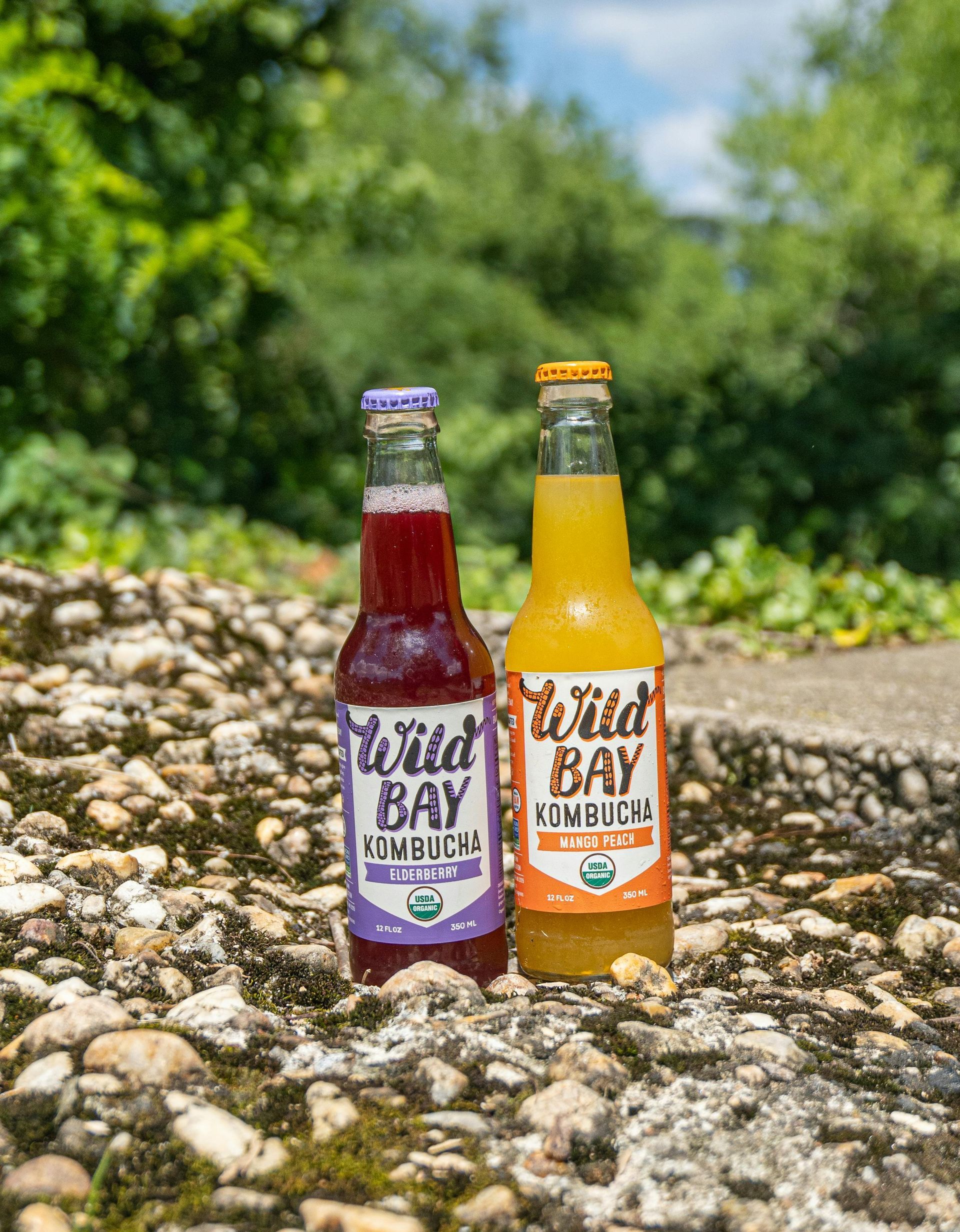
Maximizing Probiotic Benefits in Your Diet
To really get the most out of probiotics, you shouldn't forget about adding prebiotic foods to your meals. Prebiotics are like food for the good bacteria in your stomach, helping them grow and do their job better. You can find these helpful fibers in stuff like garlic, onions, bananas, asparagus, and oats. When you eat both types of foods together—probiotics from things like yogurt and kefir with prebiotics—it's a win-win for your belly. This combo works together to keep your digestive system running smoothly and supports overall gut health. So remember to mix it up with plenty of prebiotic-rich foods if you want those probiotics working at their best for your overall health.
Combining Probiotics with Prebiotic Foods for Optimal Gut Health
To maximize the benefits of probiotics and promote optimal gut health, it's important to combine them with prebiotic foods. Prebiotics are dietary fibers that serve as food for the beneficial bacteria in the gut. When probiotics and prebiotics are consumed together, they create a symbiotic relationship. The probiotics help break down the prebiotic fibers, allowing them to reach the lower intestine where they can nourish and support the growth of the gut microbiome.
Understanding the Synergy between Intermittent Fasting and Probiotics
Intermittent fasting is a way of eating that switches between times when you eat and times when you don't. It's known for its many health perks, like making your gut healthier and helping you lose weight. When you add probiotics to intermittent fasting, these advantages get even better. During the time you're not eating, your gut bacteria have a chance to balance out again, which can make digestion smoother and keep your gut microbiome in good shape. Intermittent fasting also helps with autophagy - this means it cleans up and fixes the lining of your gut. By having probiotics during the times when you do eat, beneficial bacteria are introduced into your stomach area creating a more varied and healthy collection of microbes there (gut microbiota). This not only supports losing weight but also contributes to overall good health in the digestive system.
The Impact of Hot Sauce on Probiotic Absorption
Hot sauce isn't just a way to add some kick to your meals; it turns out, it's also good for your gut health. Thanks to capsaicin, the thing that makes hot sauce spicy, eating it can help you get more out of probiotics. Capsaicin helps these helpful bacteria stick around and thrive in your intestines. This means you could see better digestion, stronger immune function, and an overall healthier gut from including hot sauce in a diet rich with probiotics. On top of helping with probiotic absorption, capsaicin brings its own perks like boosting metabolism and cutting down on inflammation. So adding a bit of spice through
hot sauce might be a tasty strategy to enhance both gut health and gain other health benefits.
How Capsaicin in Hot Sauce Enhances Probiotic Growth
Capsaicin, that spicy stuff in hot sauce, actually helps good bacteria grow in your gut. Research shows it boosts the creation of short-chain fatty acids which are key for a healthy gut. These acids fuel the cells in our colon and help more good bacteria thrive. On top of that, capsaicin kicks our metabolism into higher gear, helping our body get better at absorbing nutrients and keeping our digestive system running smoothly. So by adding some hot sauce to meals rich in probiotics, you're doing your gut microbiome a big favor and promoting digestive health along with nurturing a healthy gut.
The Best Types of Hot Sauce for Your Probiotic Diet
When you're thinking about adding hot sauce to your probiotic diet, there are a couple of things to keep in mind. For starters, aim for hot sauces that contain vinegar because it helps keep the probiotic bacteria alive and well. Also, think about how different hot sauces taste and which ones might go best with foods rich in probiotics like salad dressings do with fermented veggies such as sauerkraut or kimchi. Try out various kinds of hot sauces to discover what tastes good to you and matches well with the flavors of your probiotic foods. Some of the best probiotic foods to pair with hot sauce include tempeh, sauerkraut, and apple cider vinegar. Whether it's a smoky chipotle flavor or a sharp habanero kick you're after, using hot sauce can really spice up your meals while boosting their health benefits too.
Give your gut health a boost with some spice by adding foods full of probiotics and hot sauce to what you eat. With choices ranging from spicy fermented sauces to smooth cottage cheese, there's lots to try for a happier stomach. Dive into kombucha or miso for an extra dose of probiotics. Find out how the heat from hot sauce can actually help these good bacteria grow better. If you're up for making your meals more exciting while taking care of your gut, now's the time to start this tasty journey towards improving your gut health!
Frequently Asked Questions
What Are the Best Times to Consume Probiotic Foods for Maximum Benefit?
When it comes to getting the most out of probiotic foods for your digestive health, there's no one-size-fits-all answer. For some folks, eating these foods with meals boosts digestion and helps their bodies soak up nutrients better. On the flip side, others find that having them on an empty stomach lets the good bacteria get down to the intestines more smoothly. The trick is to weave probiotic foods into your daily diet in a way that feels right for you; this approach will help you enjoy all their benefits fully.
Can Hot Sauce on a Probiotic-Rich Diet Cause Any Side Effects?
Eating hot sauce in small amounts is usually okay and doesn't cause problems for most people. But, we're all different when it comes to how much spice we can handle. For some folks, eating a lot of hot sauce might lead to stomach upset or inflammation. It's key to pay attention to what your body tells you and adjust what you eat accordingly. By looking at food labels and checking the spiciness rating, you can pick a hot sauce that suits your taste buds without going overboard on the heat.
How Long Does It Take to See the Effects of a Probiotic-Rich Diet?
How your body reacts to a diet full of probiotic foods can be different for everyone. This is because things like the bacteria in your gut and how healthy you are play a big role. For some, eating these kinds of foods regularly might lead to better digestion and a stronger immune system pretty quickly, within just a few weeks. But for others, it could take more time, especially if they need to make big changes in their lifestyle. The trick to getting the health benefits from probiotics is sticking with it and making sure you eat them often as part of what you eat every day.
Are There Any Probiotic Foods or Hot Sauces That Should Be Avoided?
Eating probiotic foods and enjoying hot sauces can be really good for you, but it's key to remember any food allergies or sensitivities you might have. For some folks, certain probiotic items or spicy sauces need to be skipped because of their health issues or reactions. Like, if someone can't handle lactose, they probably should stay away from dairy-based stuff like yogurt that has probiotics in it. And then there are people who might have to say no to some hot sauces because they're allergic to the ingredients inside them. If you're ever unsure about adding these kinds of foods into what you eat regularly, talking with a doctor or a dietitian is a smart move.
How Can I Incorporate More Probiotic Foods into My Diet Without Overdoing It?
Adding probiotic foods to your meals is a great idea, but it's all about keeping things balanced. You don't want to go overboard. Try mixing different kinds of these foods into what you eat and when you snack. Just watch how much you're eating so it's not too much. It’s also smart to keep your diet well-rounded with other nutrients that are good for you. Remember, the trick is not to overdo it with the probiotics; enjoying them in moderation is best. If you’re looking for advice on how to do this right, talking to a dietitian can really help tailor things specifically for you and make sure your nutrition stays on point.

